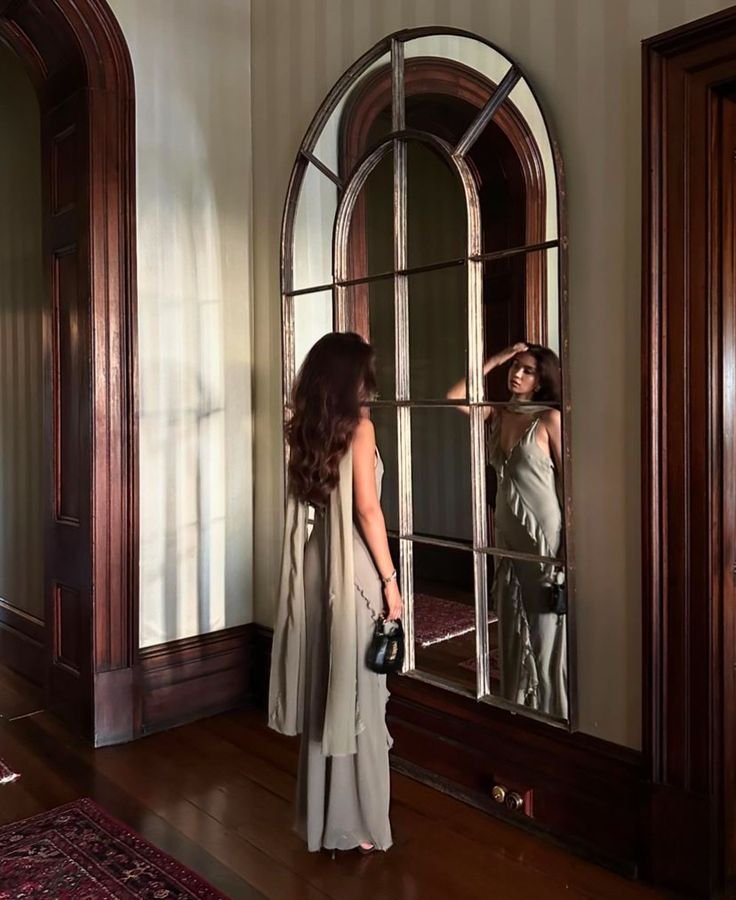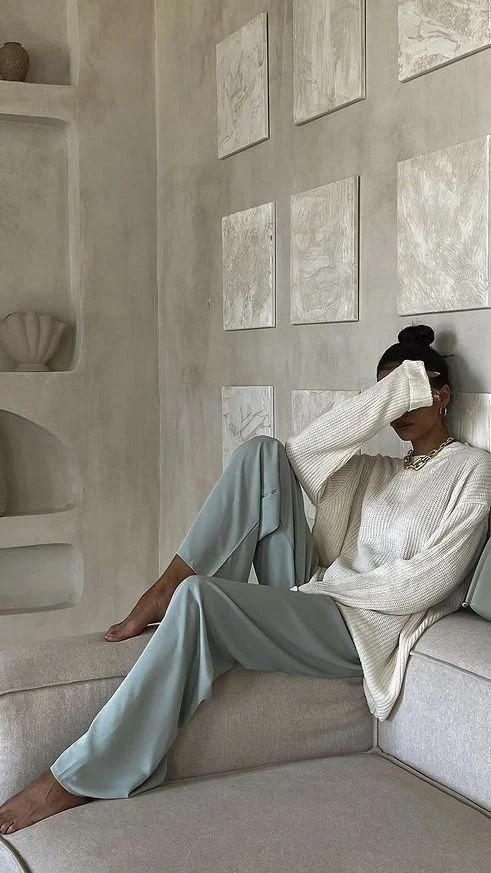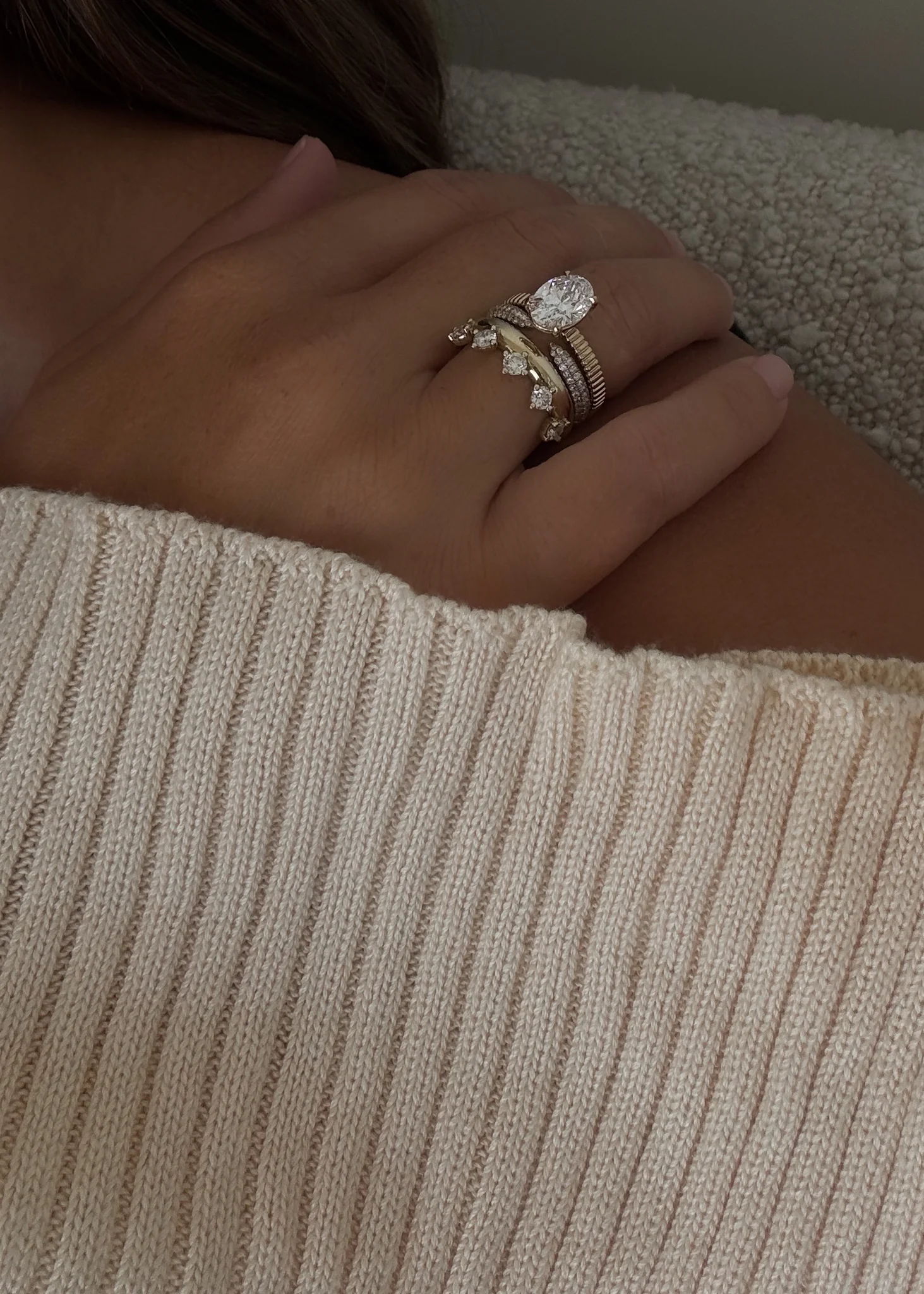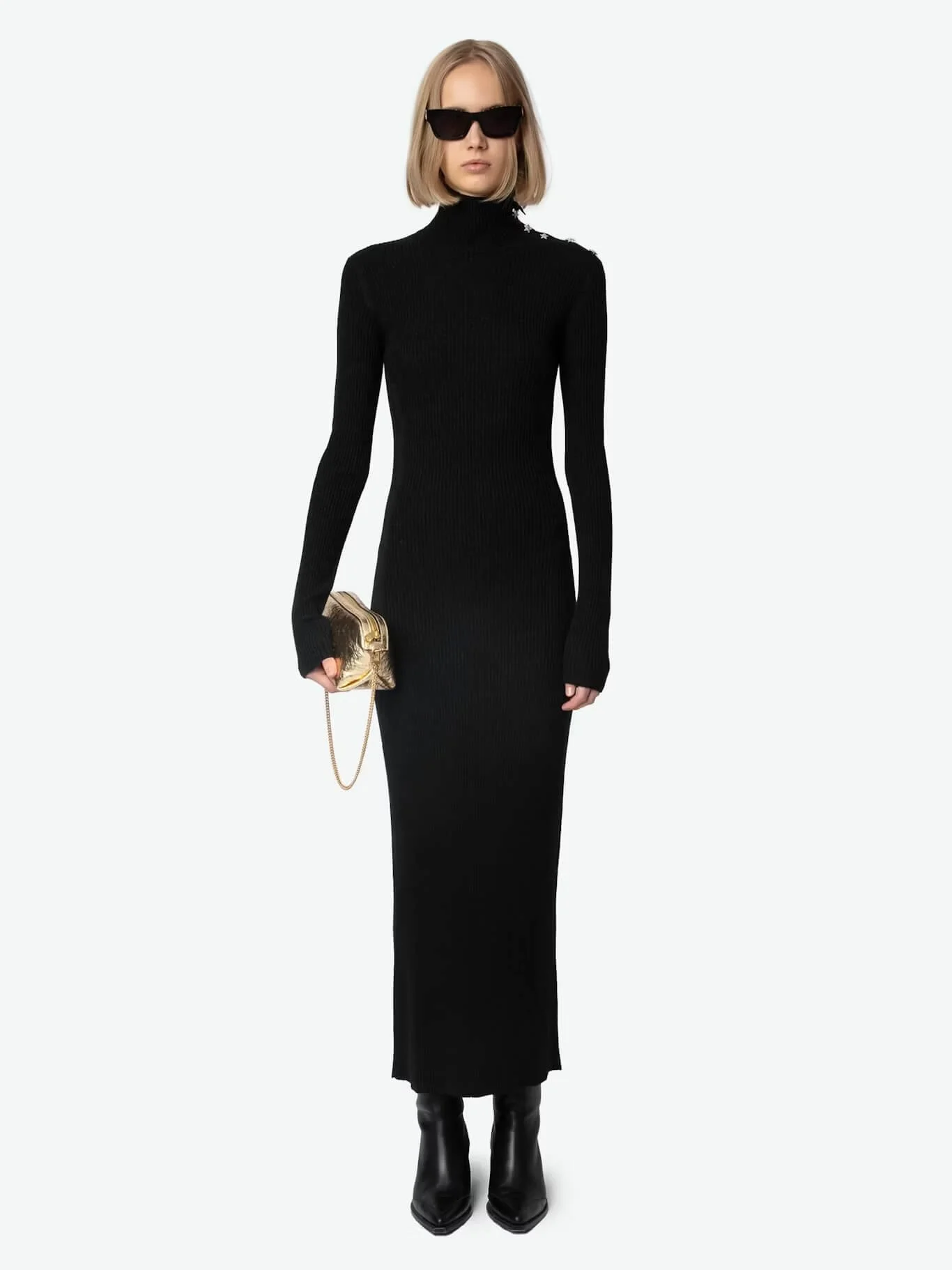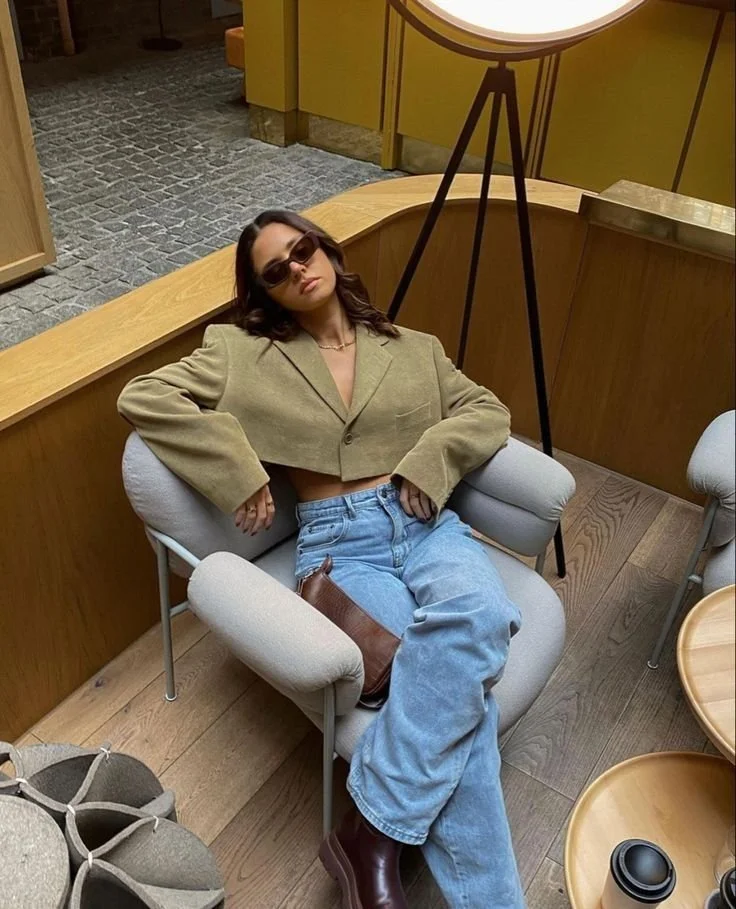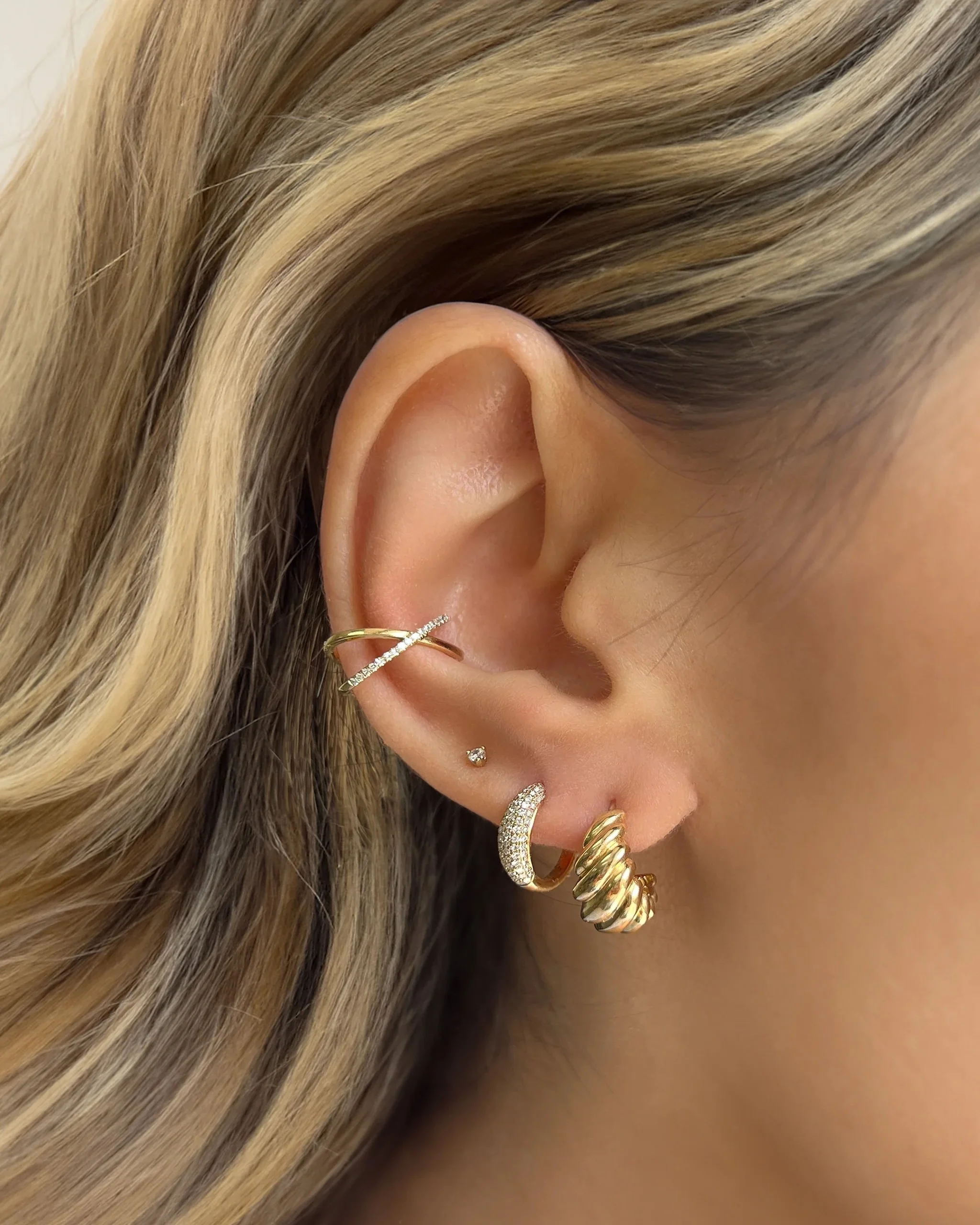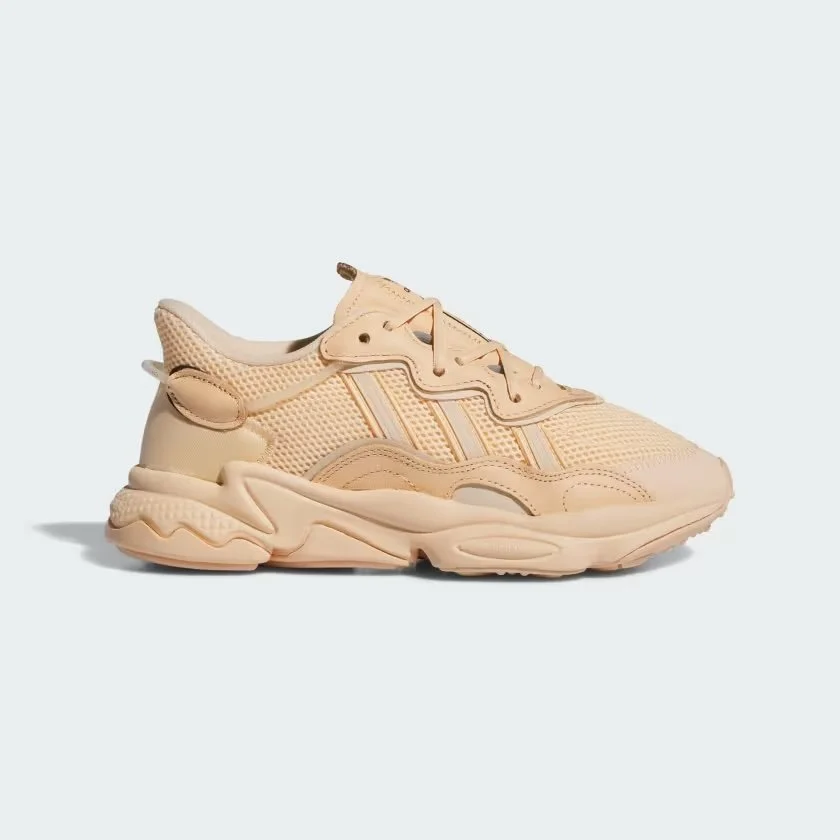How Clothes Affect Our Mood And Behavior
Clothing is more than just a means of covering our bodies; it is a powerful tool that can influence our mood, behavior, and overall well-being. The psychological impact of clothing is an area of interest that delves into how what we wear affects how we feel and act.
This phenomenon is often referred to as "enclothed cognition," a term that underscores the systematic influence that clothes have on the wearer's psychological processes.
In this insightful article, we explore the profound impact that clothing choices wield over our emotions, mindset, and actions, exploring the intricate connection between what we wear and how we feel and act in various circumstances.
No. 1
Self-Expression Through Clothing
One of the key ways clothing affects mood is through self-expression. The outfits we choose can be a reflection of our personalities, emotions, and even our aspirations.
For example, wearing a bright, colorful dress might reflect and boost a happy and energetic mood, while donning dark, muted tones might mirror and intensify feelings of sadness or introspection. This self-expression through clothing allows individuals to convey their inner states outwardly, creating a congruence between how they feel and how they appear to others.
No. 2
Emotional Responses to Fabrics
Certain types of clothing can evoke specific emotional responses. Comforting fabrics like soft cotton or cozy wool can create a sense of warmth and relaxation, while structured, formal attire might foster a sense of confidence and professionalism.
This is why many people choose to wear their favorite, most comfortable outfits when they need a mood lift or a sense of security. The physical sensations provided by these garments play a significant role in shaping our emotional experiences.
No. 3
Symbolic Meanings of Clothing
The symbolic meanings attached to different types of clothing also contribute to their psychological impact. For instance, a sharp business suit can symbolize power, authority, and competence. When individuals wear such attire, they often adopt the associated characteristics, feeling more confident and assertive.
This phenomenon is particularly notable in professional settings where dress codes are enforced to maintain a certain level of decorum and productivity. Formal attire not only shapes the perception of others but also enhances the wearer's self-perception, aligning their behavior with the expectations tied to their outfit.
No. 4
Influence on Social Interactions
In addition to affecting mood and behavior, clothing can influence social interactions and perceptions. Studies have shown that people tend to respond more positively to individuals dressed in a way that aligns with the social norms of a given context.
For instance, a person wearing professional attire in a business environment is likely to be perceived as more competent and reliable compared to someone dressed casually. This positive perception can, in turn, boost the wearer’s self-esteem and reinforce their professional identity, leading to more confident and effective interactions.
No. 5
Empowerment Through Fashion
Women's clothing, in particular, has a profound impact on mood and behavior due to societal expectations and norms. Fashion choices can empower women, allowing them to express their individuality and assert their presence in various spheres of life.
For example, wearing a chic, well-fitted dress from a designer like froxx.co.uk can make a woman feel elegant and self-assured, positively influencing her interactions and performance.
On the other hand, the pressure to conform to fashion trends can sometimes lead to stress and discomfort, highlighting the complex relationship between clothing and psychological well-being.
No. 6
Dressing for Success
The concept of "dressing for success" underscores the importance of clothing in achieving personal and professional goals. When individuals dress in a manner that makes them feel confident and capable, they are more likely to project those qualities in their behavior and interactions. This approach to dressing can be particularly beneficial in competitive or high-stakes environments, where the right outfit can make a significant difference in one's performance and reception by others.
Takeaways
There’s no doubt that the clothes we wear have a powerful impact on our mood and behavior, and clothing plays a crucial role in shaping our psychological experiences and how we navigate the world. Understanding the influence of our clothing choices can empower us to make mindful decisions that not only benefit our well-being but also amplify our effectiveness in various aspects of life.
